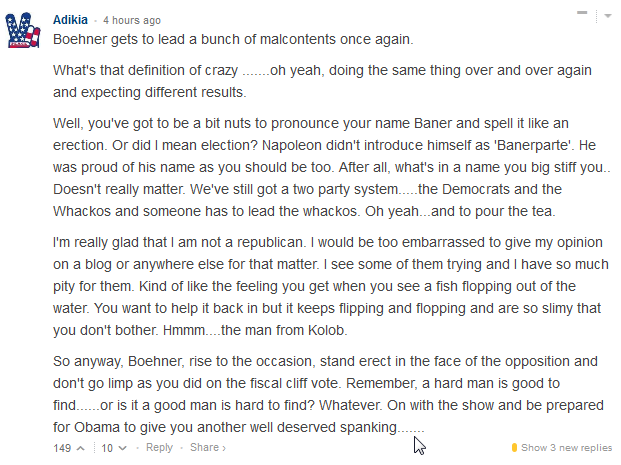If China, India, Germany etc., want to collect on their bonds, and we have a huge deficit, we won't be able to pay them, while this won't happen in the short term it is more likely to happen as time goes on, money is just paper as we often discuss, if we only print, the paper has no value. I agree that spending is a good solution during recessionary periods, but it is not a permanent solution.
This is not how bonds work. It isn't like when you loan your friend $5 and you collect when you feel like it.
These bonds have specific dates at which they pay money to the bondholders. No one can simply say "fuck it, gimme my money back right now" and get it. Ever. This doesn't work with municipal bonds, corporate bonds, mortgages, or anything else and it sure as hell doesn't happen with treasury bills.
Now, the gov't can buy back the bonds if it so wishes at a price (The Fed does just this in open market operations). But no one can demand it.
I'd also like to point out something keep forgetting about the deficit:
As the economy gets better the deficit automatically shrinks (without new legislation) for 2 reasons.
1. tax revenues go up as people get back to work and wages rise
2. better economy leads to less wellfare and thus a reduction in gov't spending
And a third reason that isn't automatic
3. no need for stimulus therefore less temporary spending
If we are at 5% unemployment, the gains in revenues and reduction in automatic welfare transfers + reduction in stimulus would greatly reduce our deficit. Add in the tax increases we just got (and some more we might get) and reduction in military expenditures coming regardless (no war) and our deficit will be
very manageable in the coming future IF we can contain health care costs.

